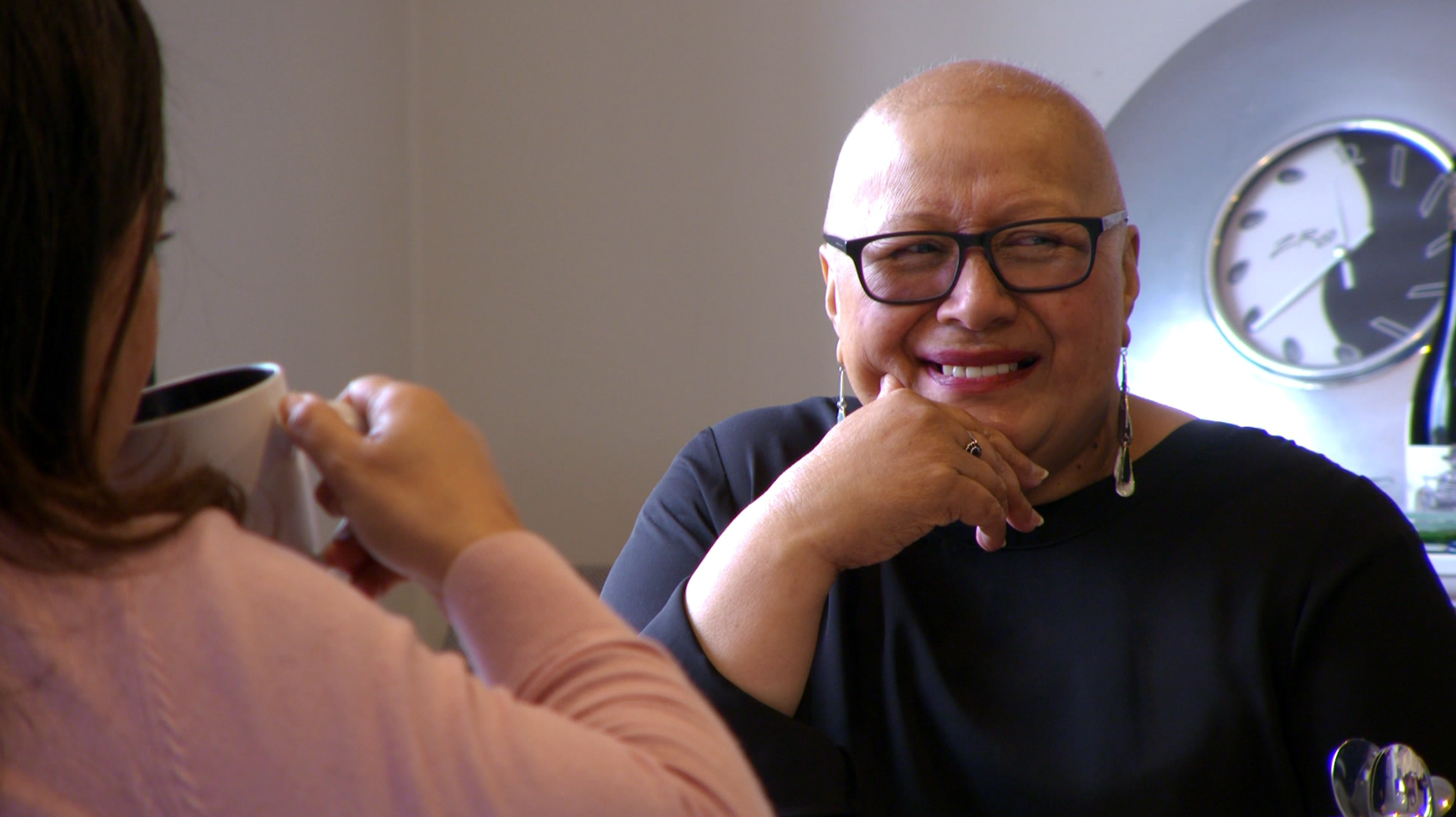New Minister of Health Dr Ayesha Verrall says she expects improvements to staffing levels at Middlemore Hospital’s under-pressure emergency department before the start of the next winter flu season.
That’s despite recent comments from frontline healthcare workers, who have said the hospital’s ED is haemorrhaging staff who are heading across the Tasman for better pay and conditions.
They are also concerned about the impact the loss of staff will have on the department’s ability to function during the upcoming winter flu season.
A spokesperson from the New Zealand Nurses Organisation and Middlemore ED staff member said the department was continually short-staffed and vacancies were not being filled in time to keep up with resignations, which was putting patient safety at risk.
But Verrall, who was promoted in the recent cabinet reshuffle, is confident Te Whatu Ora – Health New Zealand can make the necessary changes to boost staffing levels.
“I know the sector is working hard to alleviate pressures on EDs and my expectation is that improvements will be in place by this winter,” she said.
“I know Te Whatu Ora has work under way on initiatives such as increased access to telehealth and extra after hours options, including providing vouchers for some people to visit a GP rather than an ED.”
She said it was also working to boost local recruitment and attract foreign talent, including helping overseas-trained nurses complete the required assessments so they could work in New Zealand.
“I have stated that this work is to be prioritised,” Verrall said.
But Te Whatu Ora – Health New Zealand chairperson Rob Campbell said workforce shortages plaguing Middlemore’s ED wouldn’t be addressed in time for the pending winter flu season and would continue to impact services.
He said a new intake of junior doctors was in the pipeline and new pay equity rates for nurses would make it more attractive to work in the sector. However, it would be a “long hard road” to turn things around.
A damning report into the Middlemore Hospital ED in October said workforce shortages in emergency departments were resulting in untenable workloads for staff, leading to the increased burnout of doctors and nurses. The report was part of an independent inquiry into the death of a patient at the hospital in June.
Association of Salaried Medical Specialists executive director Sarah Dalton said poor pay and conditions for hospital doctors and nurses had driven far too many people out of the country.
“The loss of experienced staff is a massive problem.”
She said replacing nurses with years of experience with new recruits, or those from overseas with less experience, wasn’t a long term solution.
Dalton said both doctors and nurses would return to the bargaining table this year and if Te Whatu Ora was serious about addressing the workforce shortages seen in hospitals like Middlemore, it would need to put its money where its mouth was.











